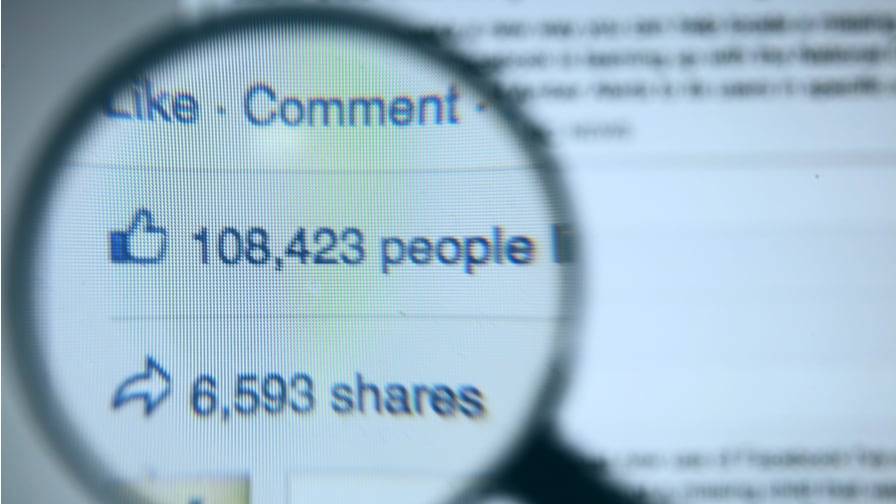Facebook is close to rolling out a Branded Content Matching search engine allowing advertisers to select content creators based on their unique audiences, according to leaked screenshots acquired by AllFacebook.de and confirmed by TechCrunch.
According to the announcement, the social network first noted that it would build a “creator-brand” tool in March, but details acquired from the screenshots shed more light on how it will work when officially launched.
Set to roll out exclusively on Facebook as opposed to within partnership with its own company Instagram, the tool is geared at allowing brands to strike up new partnerships with influencers for more authentic ad content, in turn offering the creators themselves another way to monetise their content and fan base.
Brands will be able to search for potential partners based on audience parameters such as region, interests, gender, education, among more specific criteria such as life events, home ownership and type; after selection, the parties are put in contact to iron out terms without Facebook’s involvement, while the only thing it won’t allow is re-sharing deals – the re-posting of brand’s ready-made content.
The early-stage tests will require opt-in from a number of lifestyle influencers to start with, who will be required to set up a portfolio demonstrating audience size and metrics, and their “best branded content”.
While Facebook will not initially take a cut from these partnerships, it’s speculated the roll out might be a play to retain brand spend via an avenue for “more compelling and original” content away from key competitors in the sector such as YouTube, while also making advertising more “tolerable” for Facebook users themselves.
A threat to influencer startups?
As noted in the announcement by TechCrunch last week, Facebook’s Branded Content Matching tool could threaten to “squash” an entire new industry of independent creator search engines and databases built for the same purposes of connecting brands with the right influencers, including Whalar, Hypr and Tap Influence to name just a handful.
This ousting could really come to the fore if Facebook began pulling in first-party data from across its properties – including Instagram where sponsored post spend doubled last year – or eventually managed to scrape stats from competing platforms.
Commenting directly on the original post, Whalar co-founder Neil Waller said; “While on the one hand there is, of course, a risk of influencer marketing platforms getting squashed, the reality is that those who know they add value to the ecosystem should be very excited by this news.”
Comparing the Branded Content Matching tool to Facebook’s standard advertising services, Waller noted that third-party platforms continue to operate and supplement Facebook’s ad interface, adding that “anything that helps bring further transparency and structure to it gets a big thumbs up in my book”.
“At the end of the day, there are advertisers out there who can’t just use the standard advertising tools; they’re either needing something specialists, needing a multi-platform solution or they need support and/or want to have a third-party run it for them,” said Waller.
“I don’t see why it should be any different with influencer marketing and unlike Facebook’s standard ad product, influencer marketing is a double-sided marketplace with people that will need support on both sides…advertisers and influencers.”
Meanwhile, Waller suggested that the investment is also positive evidence that the industry is continuing to grow; “onwards and upwards,” he added.
Find out more about the PerformanceIN Influencer Marketing Show 2018, which will tackle topics like this and more in London this October.

